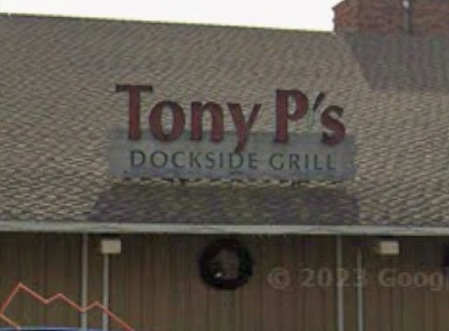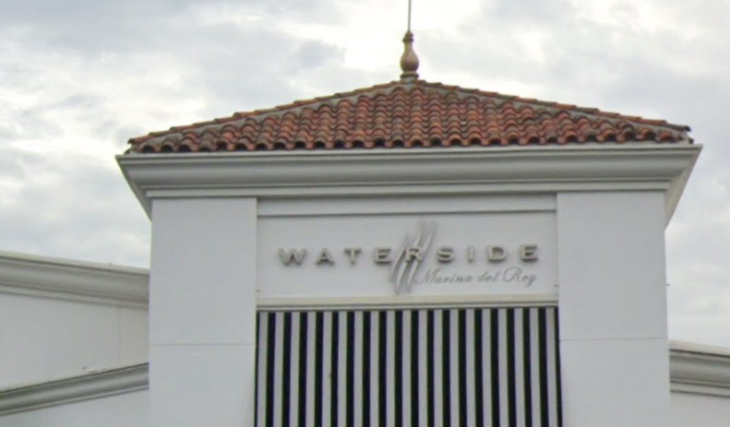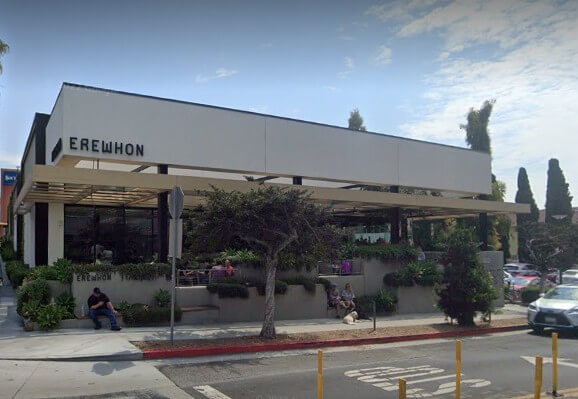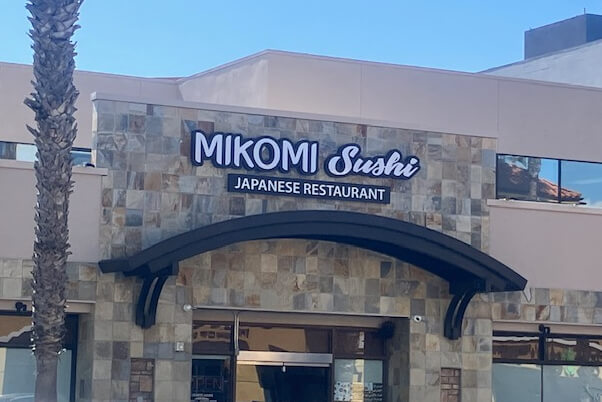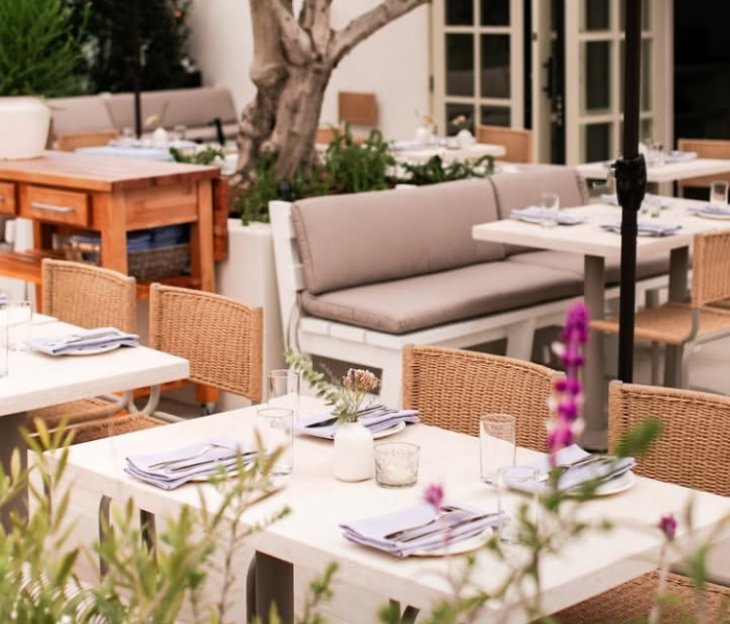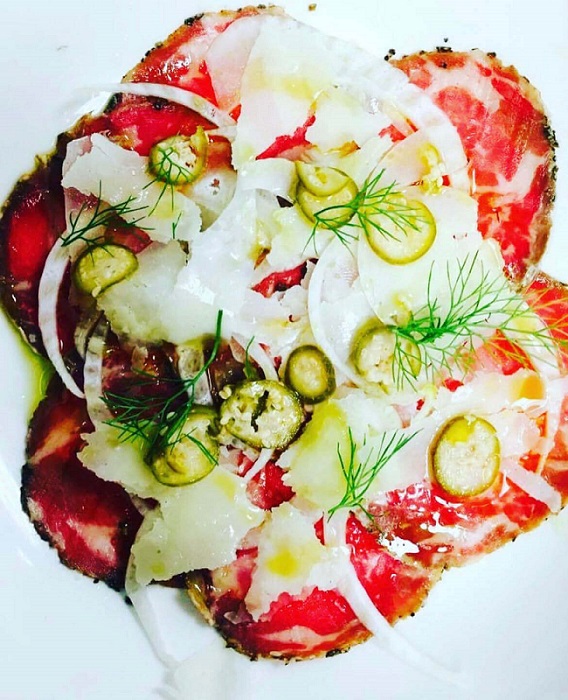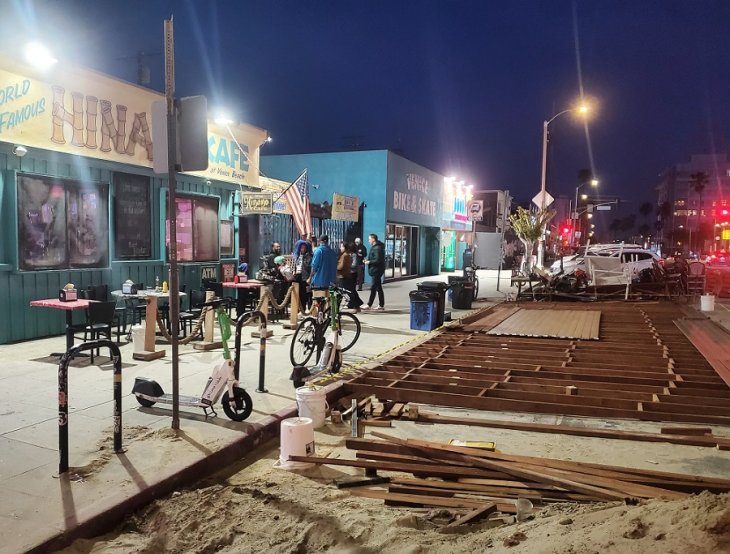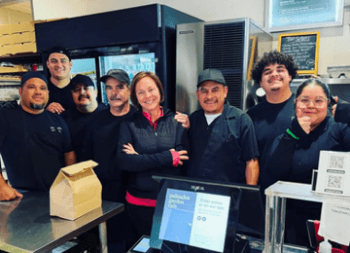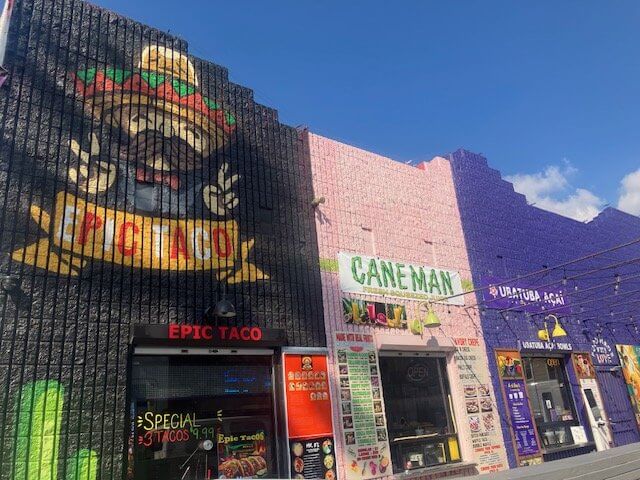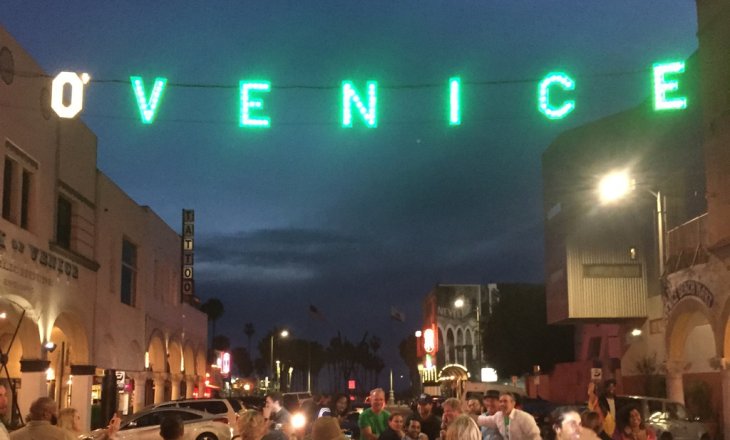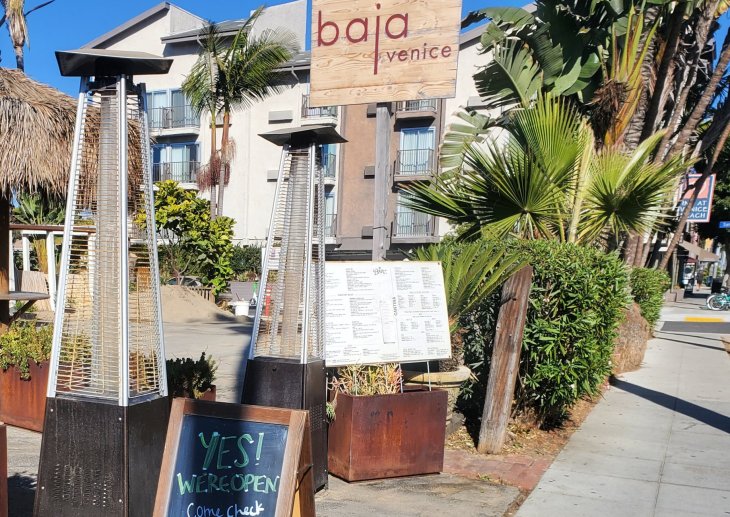Hal’s, Casalinda and more shut doors in recent months.
By Cailley Chella
Longtime Venice restaurants may be in trouble. Bank of Venice Bar and Grill is just the latest victim in a string of Venice restaurant and business closures.
According to Yelp, the gastropub inside Bank of Venice, which is on the corner of Windward Avenue and Pacific Avenue, has temporarily closed down and is scheduled to reopen on May 1, 2019. Yo! Venice! was unable to confirm that information. The building itself is iconic and had become a favorite gathering spot for many locals. Once a bank, built in 1905 and designed by Abbot Kinney himself, Bank of Venice is likely to have another business take the place of the gastropub that was inside.
There are many factors in why the business may have closed, but it’s undeniable that rising rents make it hard for smaller, more independent restaurants to stay afloat. To get some insight, Yo! Venice spoke to Thomas Schiffer, the former owner of Abbot’s Pizza Co. The pizzeria has been around for 25 years. His brother took over the business in 2010, but when it comes to the companies longevity, Schiffer said he was very lucky to have chosen the physical building he chose more than two decades ago. “The landlord there has been very fair and reasonable as they are very supportive of small local grown businesses, like Abbots,” he said.
In closing, Bank of Venice Bar and Grill joins other a number of other Venice favorites that have also shut their doors permanently in recent months. On Abbot Kinney, longtime staples Hal’s Bar & Grill and Casalinda, two neighborhood restaurants, have both recently gone out of business.
Yo! Venice reached out to the Venice Chamber of Commerce but they declined to comment.

Residents are rightly worried that Venice will lose its unique charm if large chains will be the only businesses that can afford to have a brick and mortar, but the city is responding. Los Angeles City Councilmember Mike Bonin introduced legislation in November of last year that would possibly ban or put a limit on retail chains on Ocean Front Walk and the Venice Boardwalk. Bonin’s Deputy Chief of Staff, David Graham-Caso, said Bonin’s motion was “referred to the Planning and Land Use Committee and is awaiting a hearing from that panel.”
“In recent years, increased economic pressure on commercial properties on Ocean Front Walk has displaced locally-owned independent businesses, and Venice neighbors are wary that displacement will impact the unique character of the Venice community,” Bonin wrote in a newsletter. “Locally-owned independent business are important contributors to the neighborhood identity on the Westside and help to sustain the social fabric of the community by providing local services to residents in a walkable environment.”
The motion submitted by Bonin to City Council instructs the Los Angeles Department of City Planning and the Los Angeles City Attorney to create a feasibility study describing zoning and other land use planning tools to promote independent retail development on Ocean Front Walk.
“This is a critical first step that will allow local government to shape the mix of business that makes sense for the neighborhood and preserve Venice’s unique character,” Bonin said.
In the legislation, Bonin cited other cities such as San Francisco and Jersey City, New Jersey that have established land use planning and zoning rules to preserve a unique neighborhood character in communities by supporting small businesses and independent retailers. Some ban all chain stores from certain neighborhoods, others cap the number of retail chain stores allowed within an area while others require a case-by-case approval of proposed retail use projects.
And Venice isn’t alone, Santa Monica has actually already taken action. Santa Monica City Council recently approved a ban on restaurants with over 100 national locations from opening on the Third Street Promenade.


